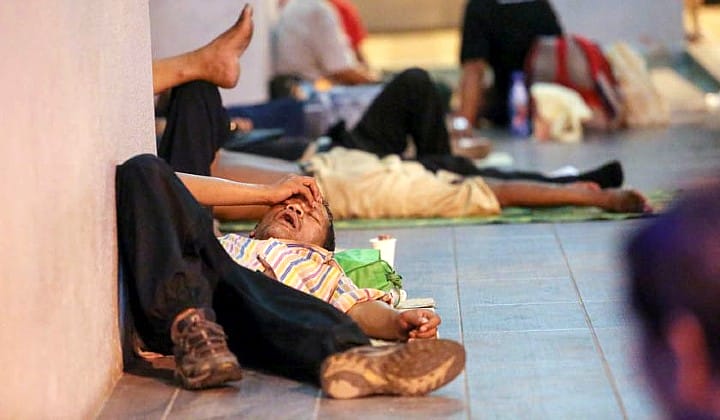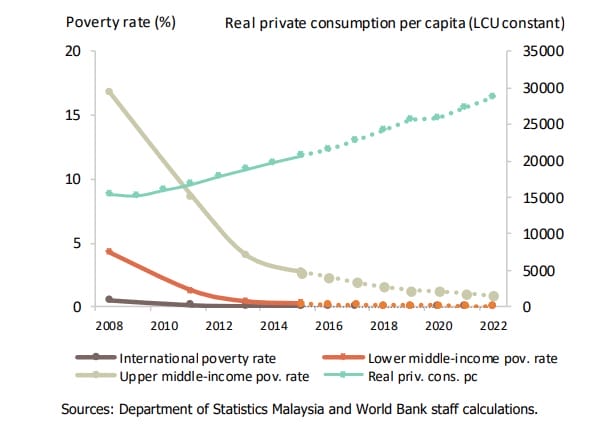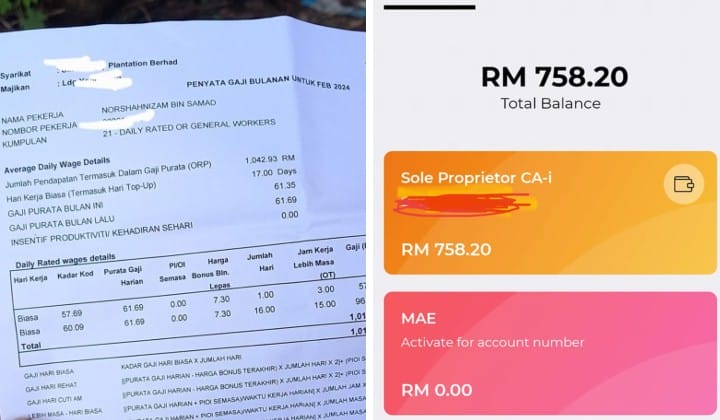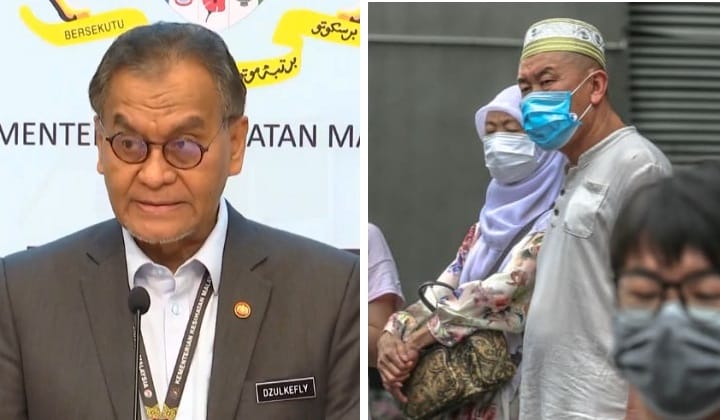60 Million People Expected To Fall Into Extreme Poverty Due To Covid-19 Pandemic

Subscribe to our new Telegram channel for the latest updates on Covid-19 and other issues.
The World Bank Group estimates that the unprecedented Covid-19 crisis could push 60 million people into extreme poverty, erasing years of global progress to alleviate issue.
According to 2015 data, roughly 734 million people, or 10% of the global population, lived on less than USD1.90 (~RM8.30) a day. The figure was at 1.9 billion people in 1990 – a 36% improvement.
However, for the first time since 1998, poverty rates are expected to rise as the global economy falls into recession with a sharp drop in gross domestic product (GDP) per capita.
The World Bank says that the ongoing crisis will erase almost all the progress made in the last five years.
Due to the COVID-19 crisis as well as the oil price drop, this trend probably will reverse in 2020. The COVID-19 crisis will have a disproportionate impact on the poor, through job loss, loss of remittances, rising prices, and disruptions in services such as education and health care.
The World Bank Group
World Bank President David Malpass also said they’re predicting a “deep recession” with the world economy falling 5%.
In their latest Macro Poverty Outlook report (Spring 2020), Malaysia’s growth forecast for 2020 has been significantly lowered from 4.5 percent to -0.1 percent.
The report also estimates that the USD 5.50/day 2011 PPP (purchasing power parity) poverty rate is projected to remain unchanged at 1.3 percent in 2020.
Howevers, it is expected that employment and income losses among the B40 (bottom 40%) and even the M40 (middle 40%) will be significant this year.

(Credit: Macro Poverty Outlook/World Bank Group)
To offset this, the world bank warns that Malaysia’s limited fiscal policy space to respond to the crisis is a challenge.
While the recently announced stimulus package could help to mitigate the immediate impact of the outbreak, a deeper economic policy response would be needed should the health crisis deepen and result in a longer duration of economic disruption.
Macro Poverty Outlook Report 2020, The World Bank Group.
It also says that more targeted fiscal policy interventions is needed to help mitigate the impact of the crisis on vulnerable households and businesses.
Share your thoughts with us on TRP’s Facebook, Twitter, and Instagram.
She puts the pun in Punjabi. With a background in healthcare, lifestyle writing and memes, this lady's articles walk a fine line between pun-dai and pun-ishing.








